What the UK India Trade Deal Means, and Who Stands to Gain
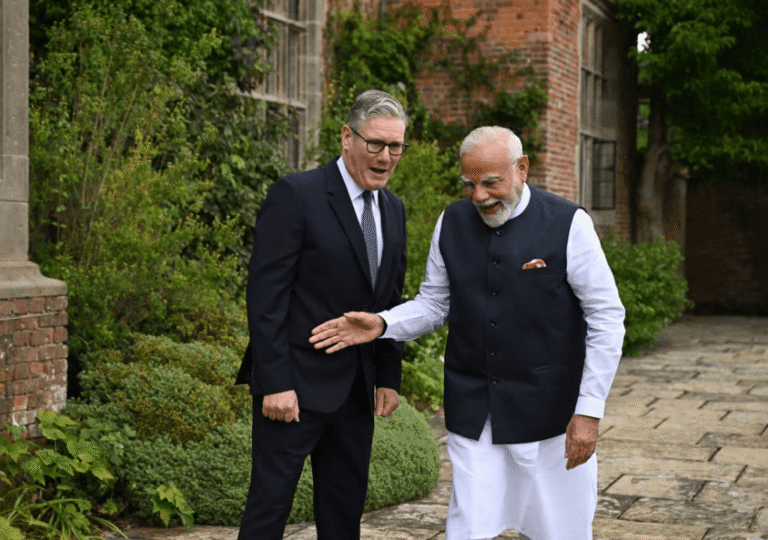
The UK India Trade Agreement 2025 has finally been signed. Explore the key terms of the deal, its impact, and who stands to benefit most.

The UK India Trade Agreement 2025 has finally been signed. Explore the key terms of the deal, its impact, and who stands to benefit most.
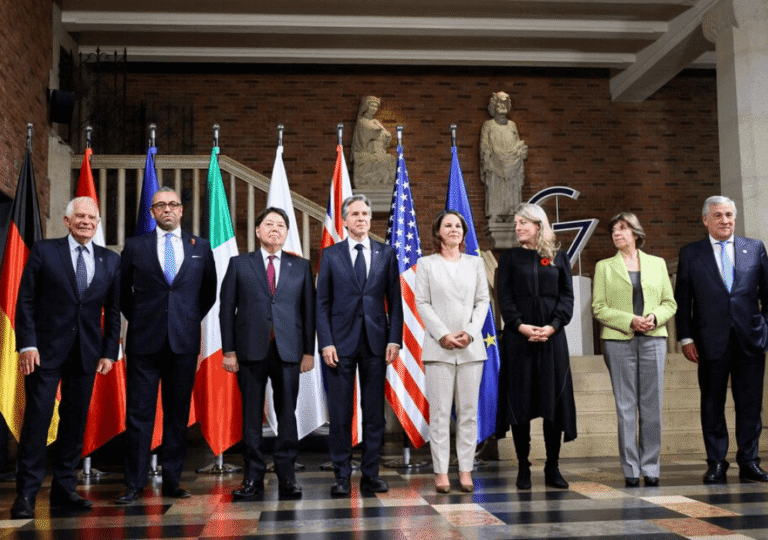
At the latest G7 finance ministers' meeting, the world’s top economies joined forces to address China’s trade practices, signaling a shift toward unity and strategic alignment.
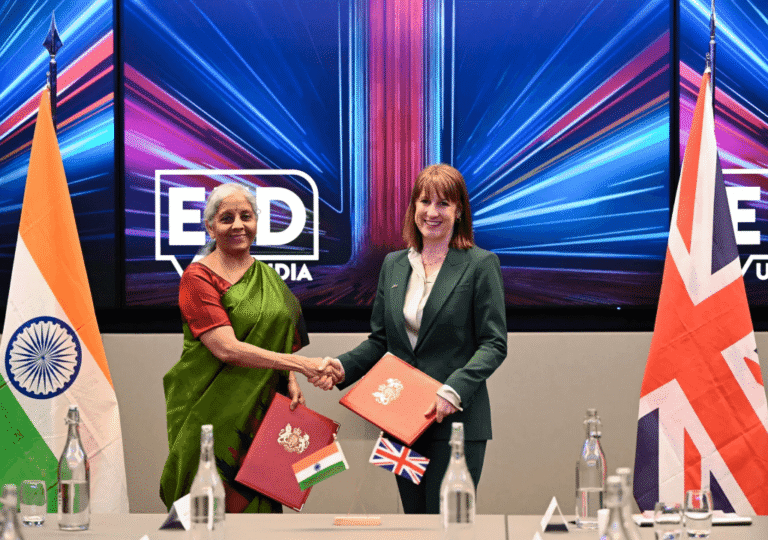
The United Kingdom and India have finalized a landmark trade agreement after three years of intense negotiations. The deal is set to boost both economies, fostering new trade opportunities and strengthening bilateral ties.
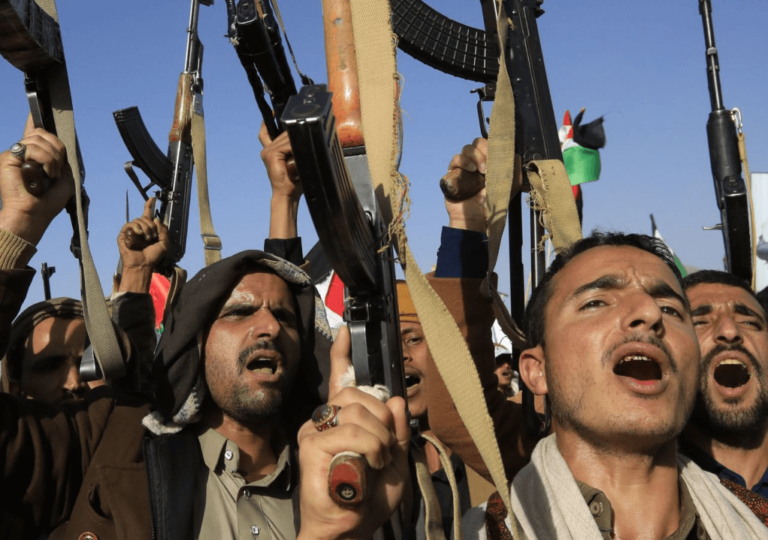
The Islamic world lacks a superpower to challenge Israel due to U.S. dominance and weakened regional leadership
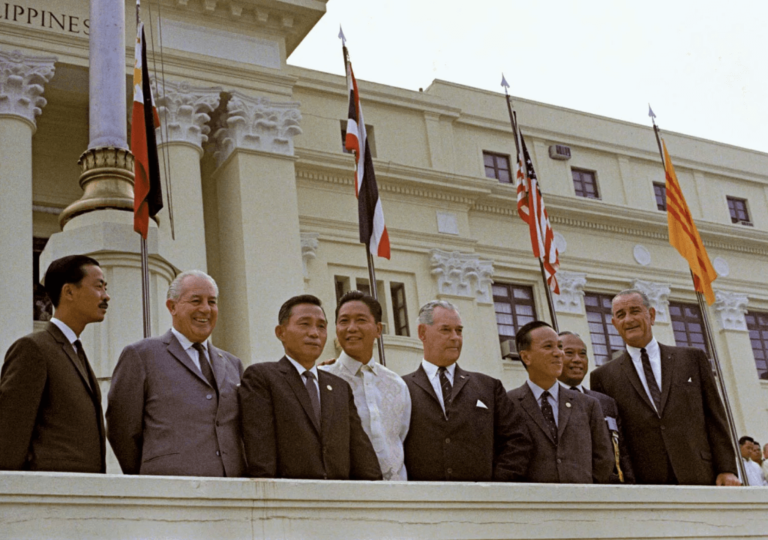
NATO's role in defending against communism and the Soviet Union, and the potential formation of a NATO-like military alliance in East Asia to counter China's influence